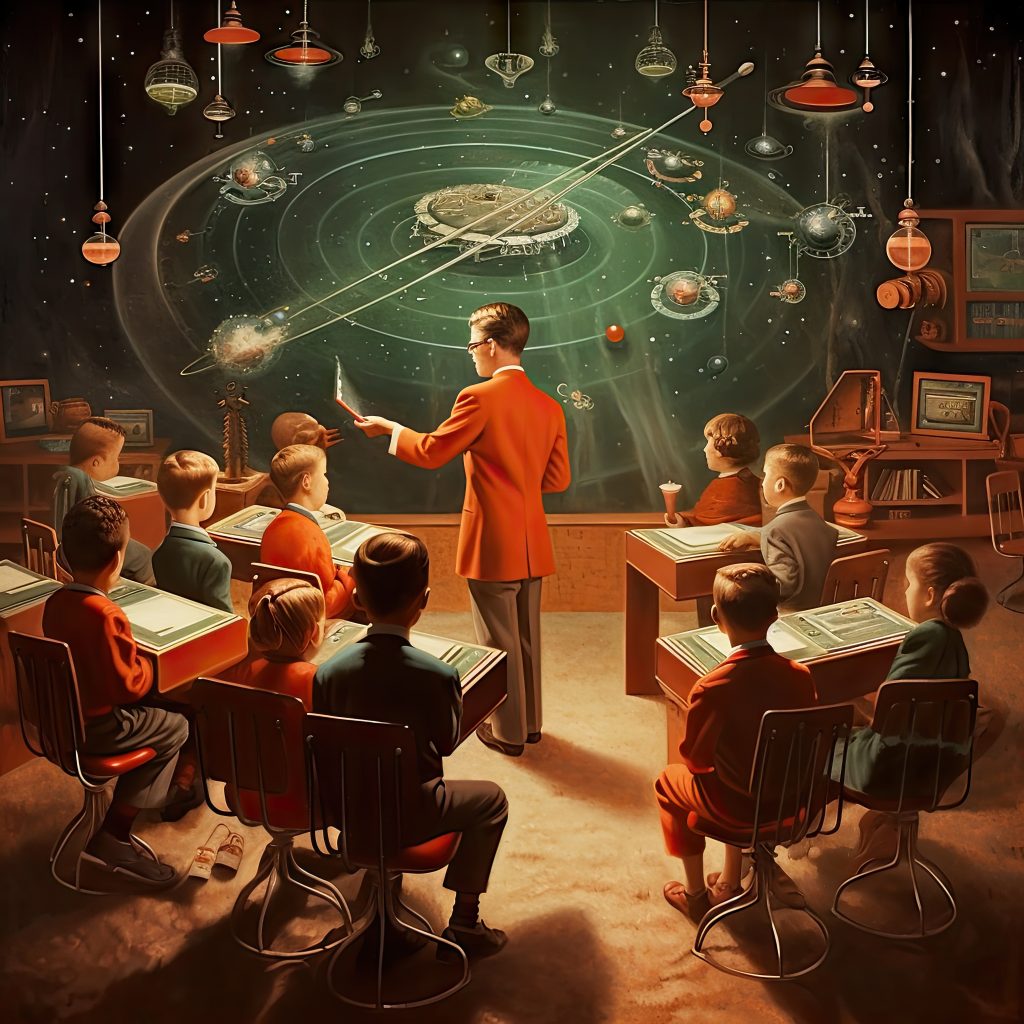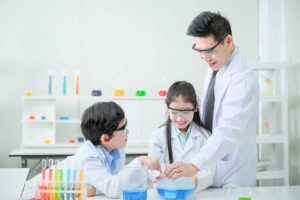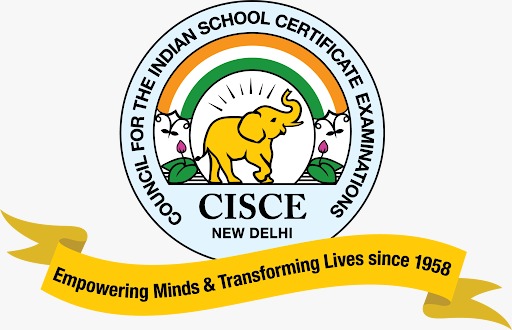Teaching and learning are fundamental processes that shape individual development and societal progress. In educational contexts, these concepts are not just about transmitting information; they are about inspiring change and fostering growth. Understanding their significance helps educators and learners navigate the complexities of acquiring and imparting knowledge effectively.
What is Teaching?
Teaching is the act of sharing knowledge, skills, and values. It’s a dynamic process that involves guiding learners, stimulating their interests, and facilitating their intellectual growth. Teaching is crucial because it not only helps learners acquire specific skills but also nurtures critical thinking and lifelong learning abilities.
Types of Teaching
There are several teaching methods and styles, including:
- Direct Instruction: Focused on teacher-led demonstrations and lectures.
- Inquiry-Based Learning: Encourages students to ask questions and explore answers.
- Blended Learning: Integrates traditional classroom methods with online digital media.
What is Learning?
Learning is the process of acquiring new understanding, knowledge, skills, behaviors, or values. It can be a transformative process that encourages individuals to think critically, adapt to changes, and solve complex problems, playing a pivotal role in personal and professional growth.
Types of Learning
Learning modalities vary widely:
- Visual Learning: Learning through seeing and visual displays.
- Auditory Learning: Learning through listening.
- Kinesthetic Learning: Learning through doing and experiencing.
Relationship Between Learning and Teaching
Interdependency
Teaching and learning are deeply interconnected. Effective teaching responds to the learning styles and needs of students, thereby enhancing their educational experience and outcomes. Conversely, successful learning can elevate teaching by engaging teachers in continuous improvement through feedback and observation.
Key Differences Between Teaching and Learning (Teaching vs Learning)
Contrast and Comparison
While teaching is an active process of imparting knowledge, learning is often a more passive experience where information is absorbed. However, modern educational strategies advocate for active learning, blurring the lines and creating a more interactive and engaging educational environment.
Educational Theories and Strategies
Constructivist Theory
This theory posits that learners construct knowledge through experiences and reflections. Teaching, from a constructivist perspective, supports these experiences by providing environments conducive to exploration.
Experiential Learning
Hands-on or experiential learning is critical for effective education because it aligns real-world relevance with theoretical knowledge, making learning more engaging and memorable.
Cognitive Learning
Cognitive learning involves understanding the internal and external factors that influence the learning process, including memory, motivation, and learning styles.
6E+S Model of Instruction
This model extends the traditional 5E model by including Engage, Explore, Explain, Elaborate, Evaluate, Extend, and Share, providing a comprehensive framework for instructional design.
Role-Playing & Simulations
Using simulations and role-playing in teaching can help students apply theoretical knowledge in practical, often complex, scenarios, enhancing both understanding and retention.
Teaching a Multi-Age Class
Teaching classes with students of varying ages requires strategies that cater to different maturity levels and learning speeds, often leveraging peer learning and collaborative projects.
Cooperative Learning
This strategy involves students working in groups to solve problems together, which enhances understanding through discussion and explanation, fostering a community of learning.
Conclusion
Teaching and learning are intrinsically linked, with each process enriching the other. They are vital for educational success and lifelong personal development. Both educators and learners are encouraged to continually explore and adopt diverse educational strategies to enhance the learning experience and achieve better outcomes. Thank you for reading our blog! We hope you found the information helpful and engaging. Don’t forget to explore our latest blog “What is Teamwork?” for more insights. As one of the “best icse schools in kadugodi”, we offer a variety of programs designed to enrich your child’s learning experience. You can explore our website to find all the details about our school and the various programs we offer. Happy reading!
FAQs
Yes, learning can occur through self-study, observation, and personal experience without formal teaching.
Effective teaching significantly enhances learning by making it easier, more comprehensive, and more enjoyable, ultimately leading to better educational outcomes.
No, teaching can be conducted by anyone with knowledge and the ability to share it, including peers, parents, mentors, and even through self-directed learning tools.








